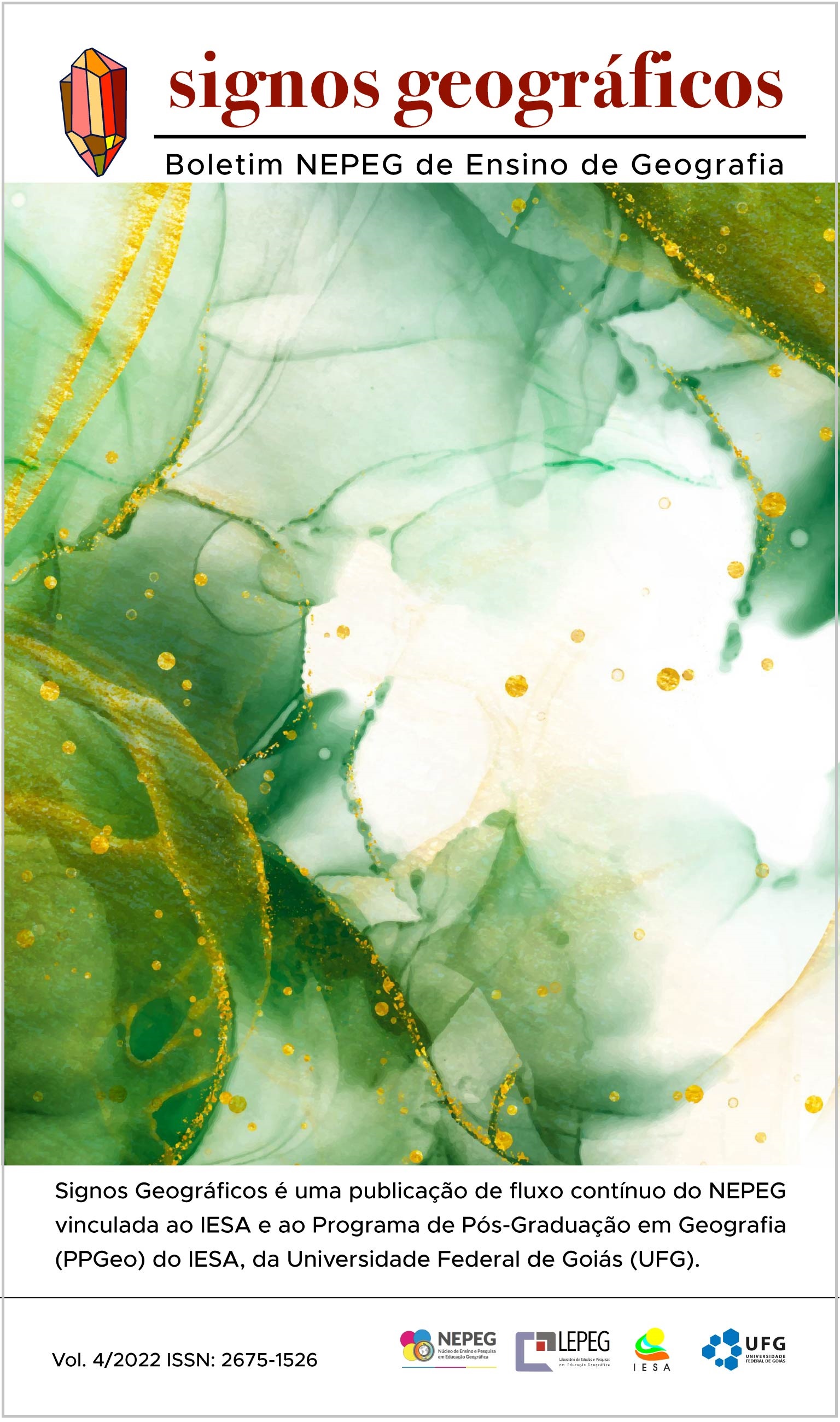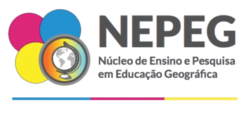CONTEXTUALIZATION OF TEACHING THROUGH PROBLEM-BASED LEARNING
DOI:
https://doi.org/10.5216/signos.v4.72286Keywords:
problem-based learning, geography teaching, scientific literacy, contextualization of teaching, online teachingAbstract
This article presents the results of the master's research, which aimed to find evidence of conceptual learning from the contextualization of teaching, bringing together previous and scientific knowledge in the promotion of Scientific Literacy in Geography, from Learning Based on Online Problem Solving. Based on action research (Thiollent, 2011), we applied the proposal with undergraduate Pedagogy students at the Federal University of São Paulo. Our attempt to measure the conceptual contents was made possible through the Geographical Literacy Indicators (MORAES; RODRIGUES, 2021). The indicators include seven categories of geographic reasoning: vocabulary, scale of analysis, representation of space, interaction between society and nature, spatialization and temporalization, the role of society in the transformation of space and critical evaluation, measuring them from the degree of complexity of each one, using the following scale: basic (1), intermediate (2) and complex (3). The results allow us to infer that the proposal provided the development of geographic reasoning, understanding of the functioning of science and the relationship between society and its physical environment, group work, oral and written communication and argumentative skills, in addition to be a positive experience, according to the evaluation made by the students.








